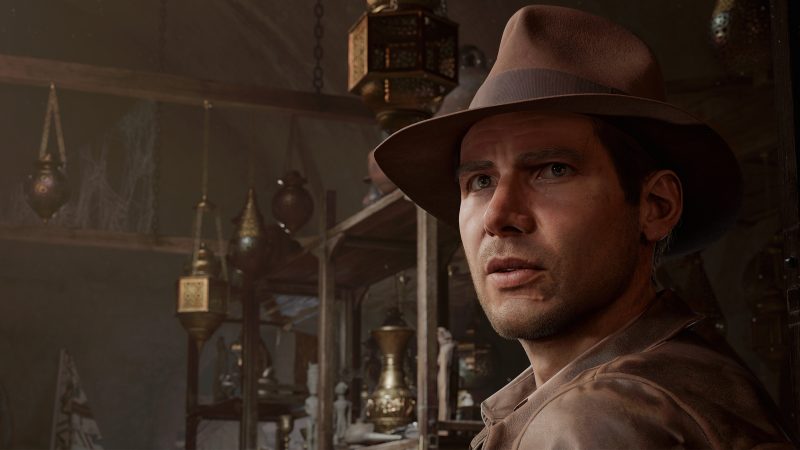Xbox's multiplatform strategy continues to divide fans even if the economics of it make the most sense for Microsoft, one of the world's largest and most successful software companies.
At the heart of the issue is Microsoft's increasing emphasis on platforms beyond the Xbox console. The tech giant has focused its engineering efforts on improving its PC gaming offerings and repurposing Xbox console stock into cloud servers for their Xbox Cloud Gaming initiative. This shift in priorities has left many long-time Xbox fans feeling uncertain and, in some cases, betrayed.
Adding fuel to the fire is a perceived lack of transparency from Microsoft regarding its long-term plans for the Xbox brand. In the absence of clear communication, Xbox enthusiasts have begun formulating their own theories about Microsoft's direction, with many speculating that more core Xbox exclusives could be headed to competing platforms like the PlayStation 5.
The announcement that Indiana Jones and the Great Circle, developed by Xbox-owned studio MachineGames, would be coming to PS5 after initially being touted as an Xbox exclusive has only intensified these concerns.
The fear among Xbox loyalists is that with fewer true exclusives, there will be fewer incentives for gamers to choose Xbox hardware. Given that the Xbox Series X and PS5 are virtually identical in terms of performance, the question becomes: why opt for the console with a smaller library of exclusive titles?

